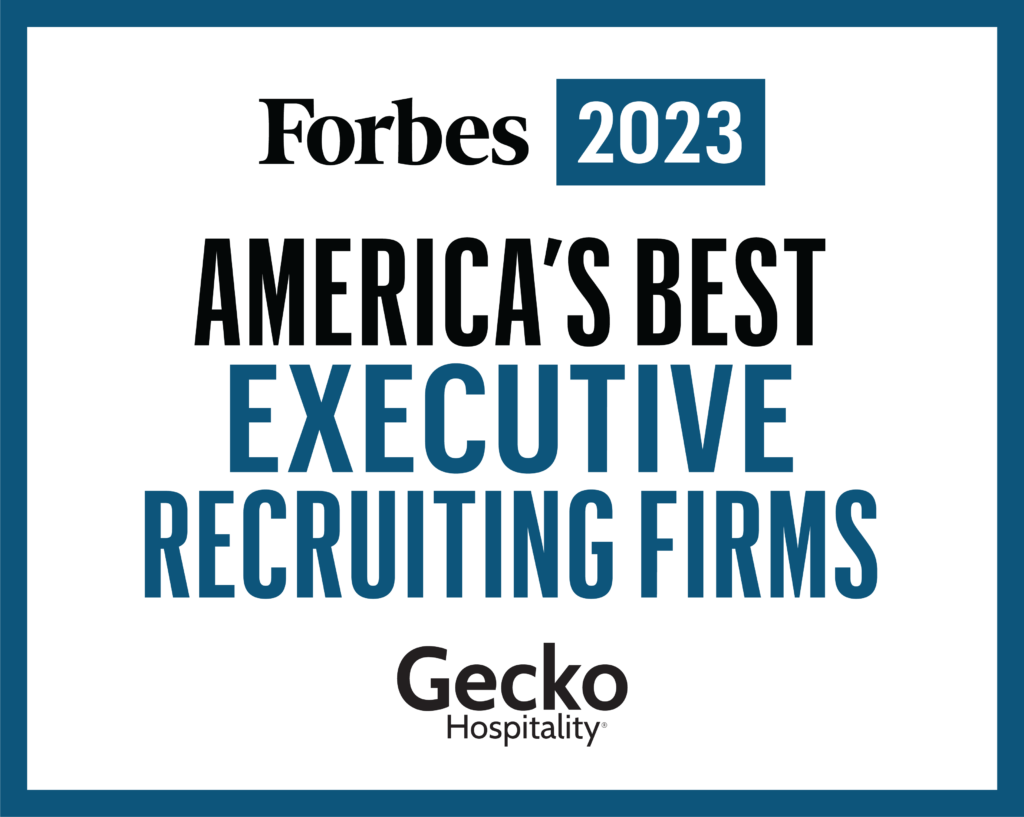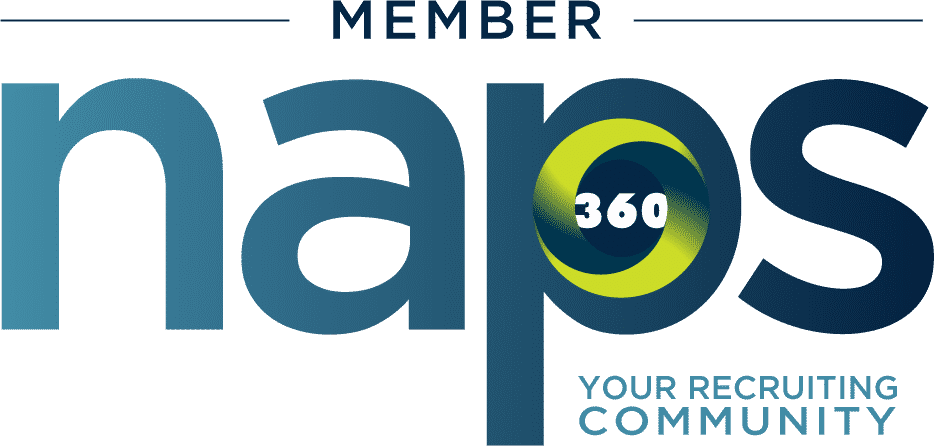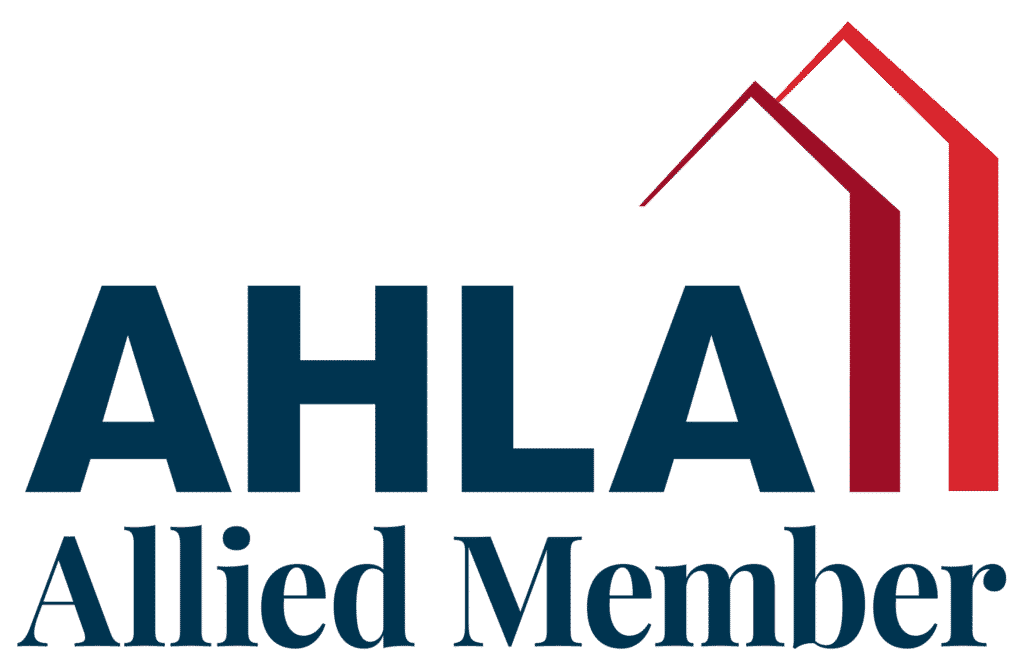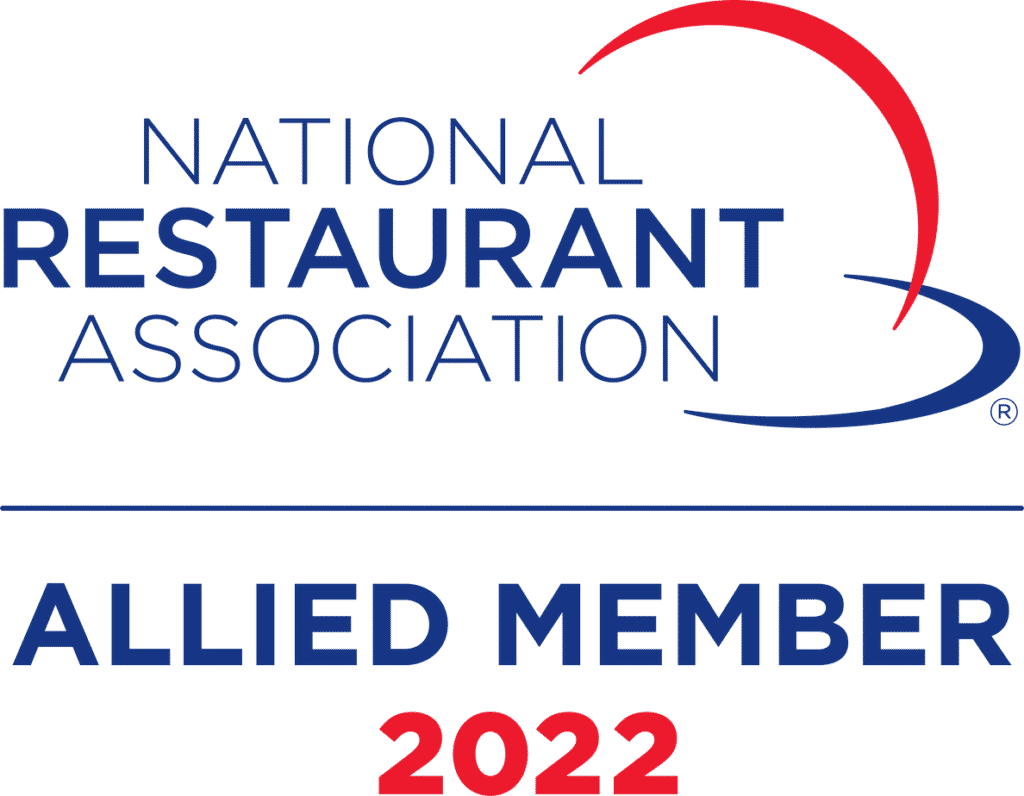Introduction
We recently conducted a round table discussion among our restaurant recruiters to explore the impact of genZ workers on job interviews and recruiters’ expectations. With restaurant.org’s new findings on the influx of genZ workers into the hospitality industry, it is important for hospitality management professionals to understand the changing dynamics of job interviews.
Experience vs Education: What Matters Most?
In the hospitality industry, practical experience is highly valued over academic qualifications. While a university education is beneficial, the “golden triangle” of success includes experience, certification, and continuing education. Employers are looking for individuals who not only possess 5+ years of experience but also have a willingness to learn and develop their people skills.
Common Job Hunting and Interview Mistakes
To help you navigate the job hunting and interview process successfully, it is essential to avoid certain common mistakes. Here are some observations from our recruiters:
Approaching a Recruiter:
– Poor communication and lack of passion for the industry are major turn-offs for recruiters.
– Continuing to search for jobs independently without considering the recruiter’s assistance can hinder your chances.
– Not taking the job search seriously or answering at the scheduled time reflects poorly on your professionalism.
– Dishonesty about your experience, such as manipulating dates on your resume, can damage your reputation.
– Arrogant behavior during interviews, as if phone interviews are beneath you, is a major red flag.
During the Job Interview:
– Failing to ask questions at the end of the interview demonstrates a lack of interest and engagement.
– Low energy levels can give the impression that you lack enthusiasm for the role.
– Inadequate preparation and inability to articulate strengths with specific examples can diminish your chances.
– Asking for significantly higher compensation than your current salary or what was discussed earlier can be perceived as unreasonable.
– Lack of knowledge about the company, unprofessional attire, and a sloppy appearance create a negative impression.
– Speaking negatively about past employers or immediately inquiring about hours and salary can hinder your prospects.
Follow-Up Etiquette:
– Failing to send a follow-up letter or maintaining poor communication reflects poorly on your professionalism.
– Not sending a thank-you note via email after the interview can be seen as a lack of appreciation.
– Timeliness in responding to emails or calls and taking proactive measures for follow-up are critical.
– Ghosting the client or recruiter demonstrates a lack of professionalism and can harm your reputation.
– Avoid presenting yourself as if you have already been hired without sending a “thank you for the interview” email and keeping the lines of communication open.
Key Takeaways
To succeed in the restaurant management industry, it is crucial to view yourself as a marketable commodity and understand the concept of “career capital.” Here are some steps you can take to enhance your prospects:
– Join restaurant and restaurant manager associations to gain valuable insights and knowledge.
– Differentiate between what you think you need to know and what employers expect you to know.
– Use your time wisely by prioritizing activities that align with your passions and strengths.
– Focus on what a restaurant needs to remain competitive, rather than solely considering your own preferences.
– Avoid trying to be a jack of all trades and instead concentrate on your areas of expertise.
– Plan your career path based on your likes, dislikes, and what comes naturally to you.
By following these tips, you can maximize your chances of success in the competitive hospitality industry. Remember, learning and growth should be continuous, and positioning yourself as an asset will set you apart from the competition.





